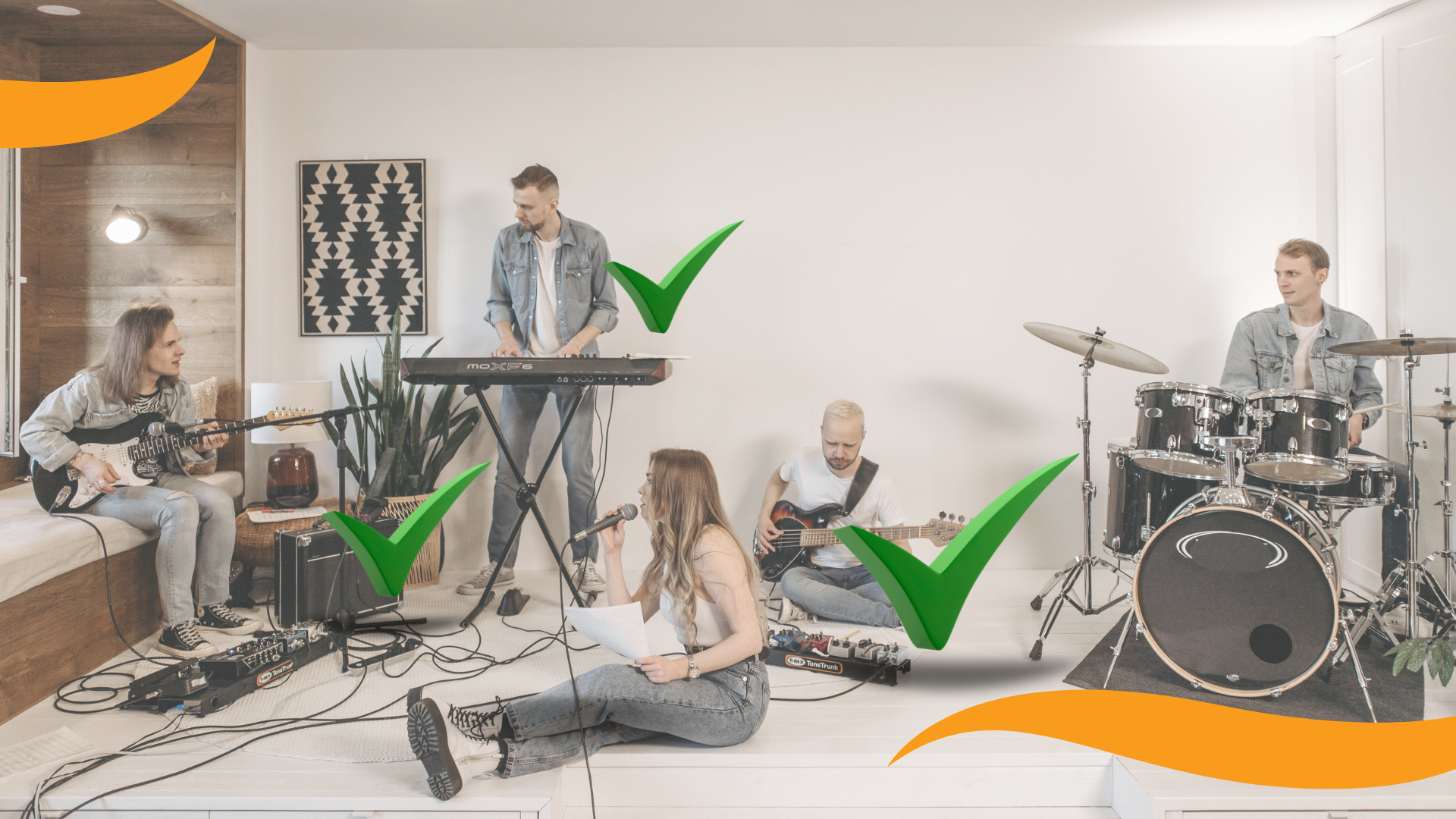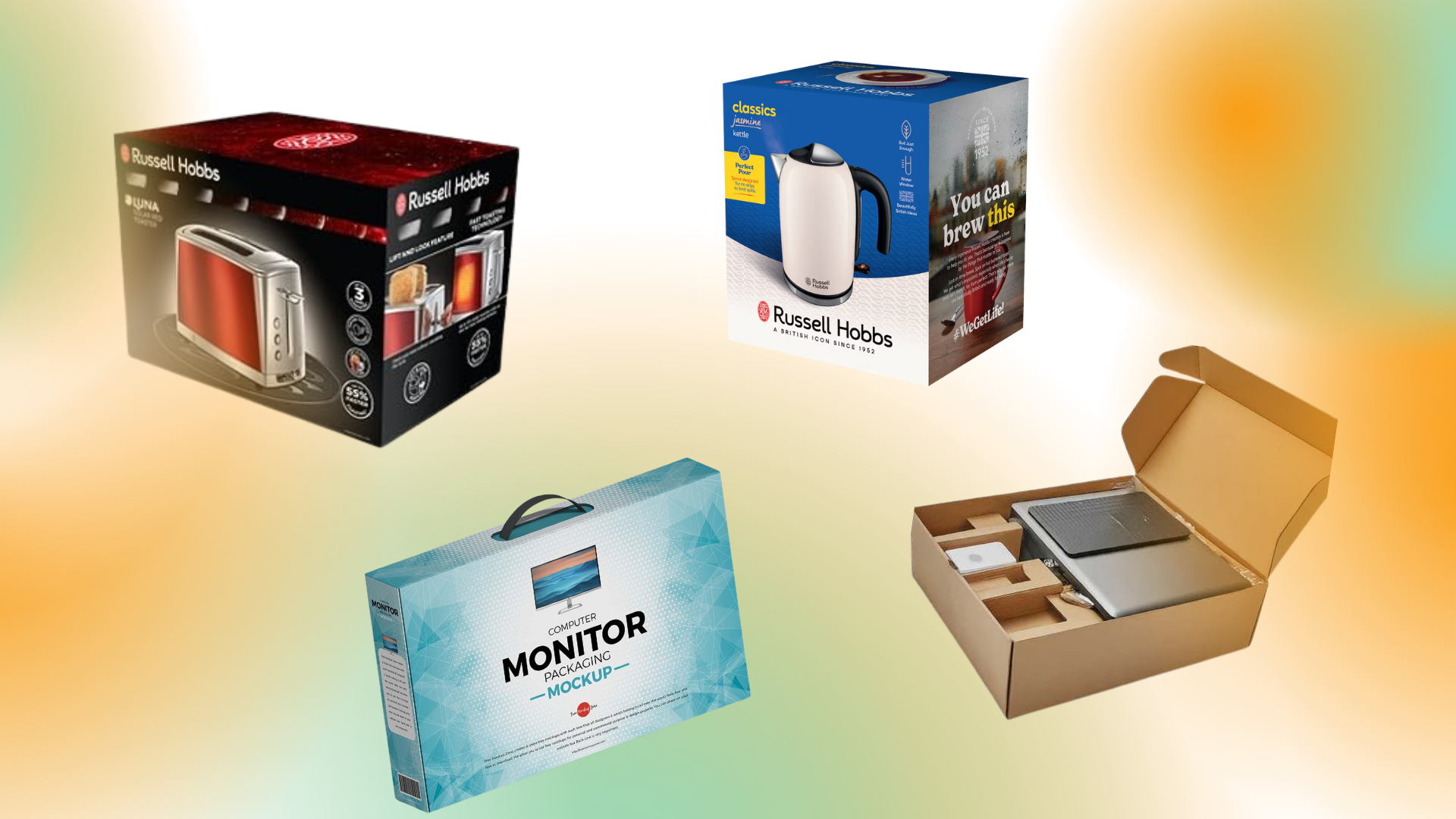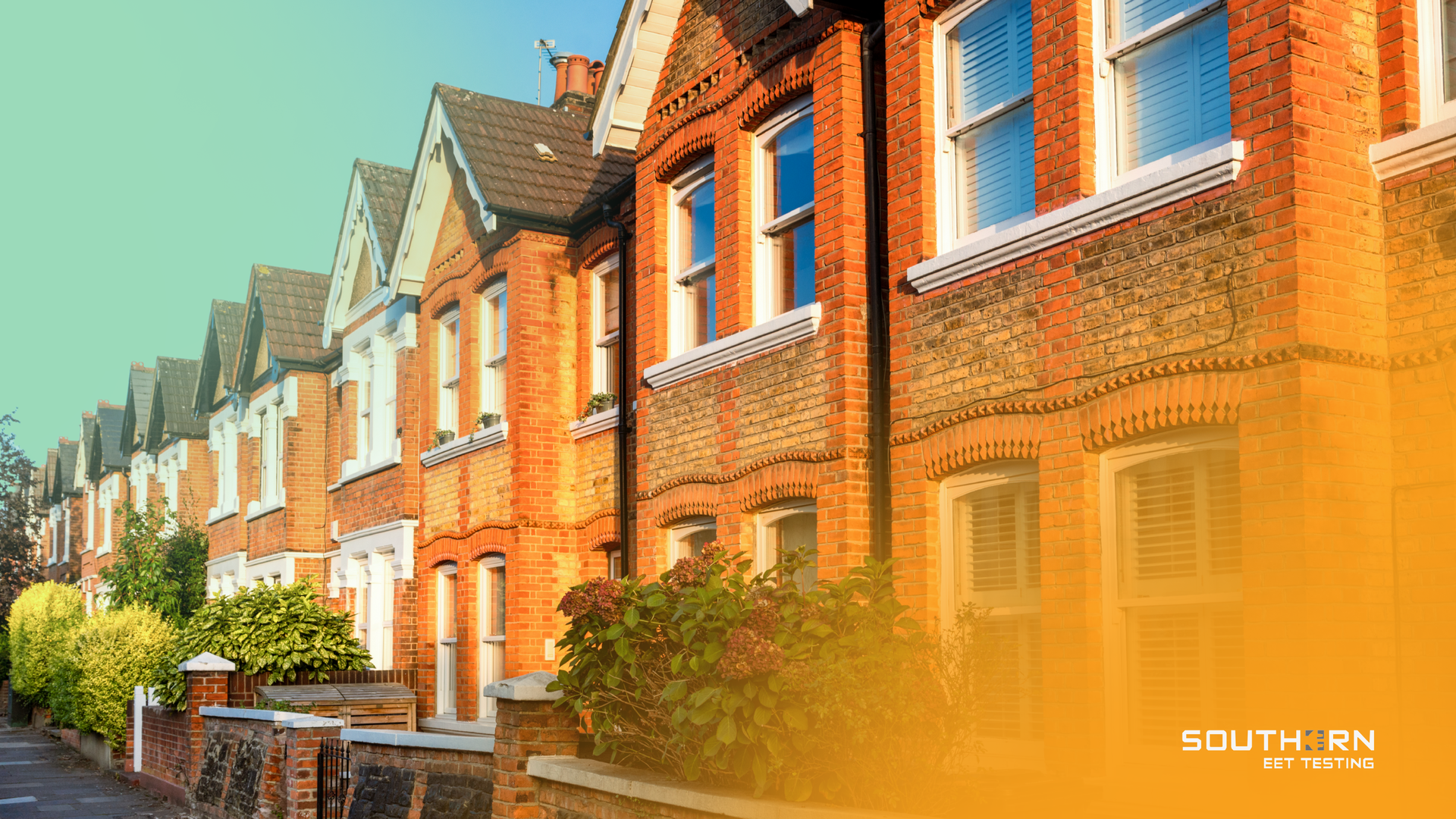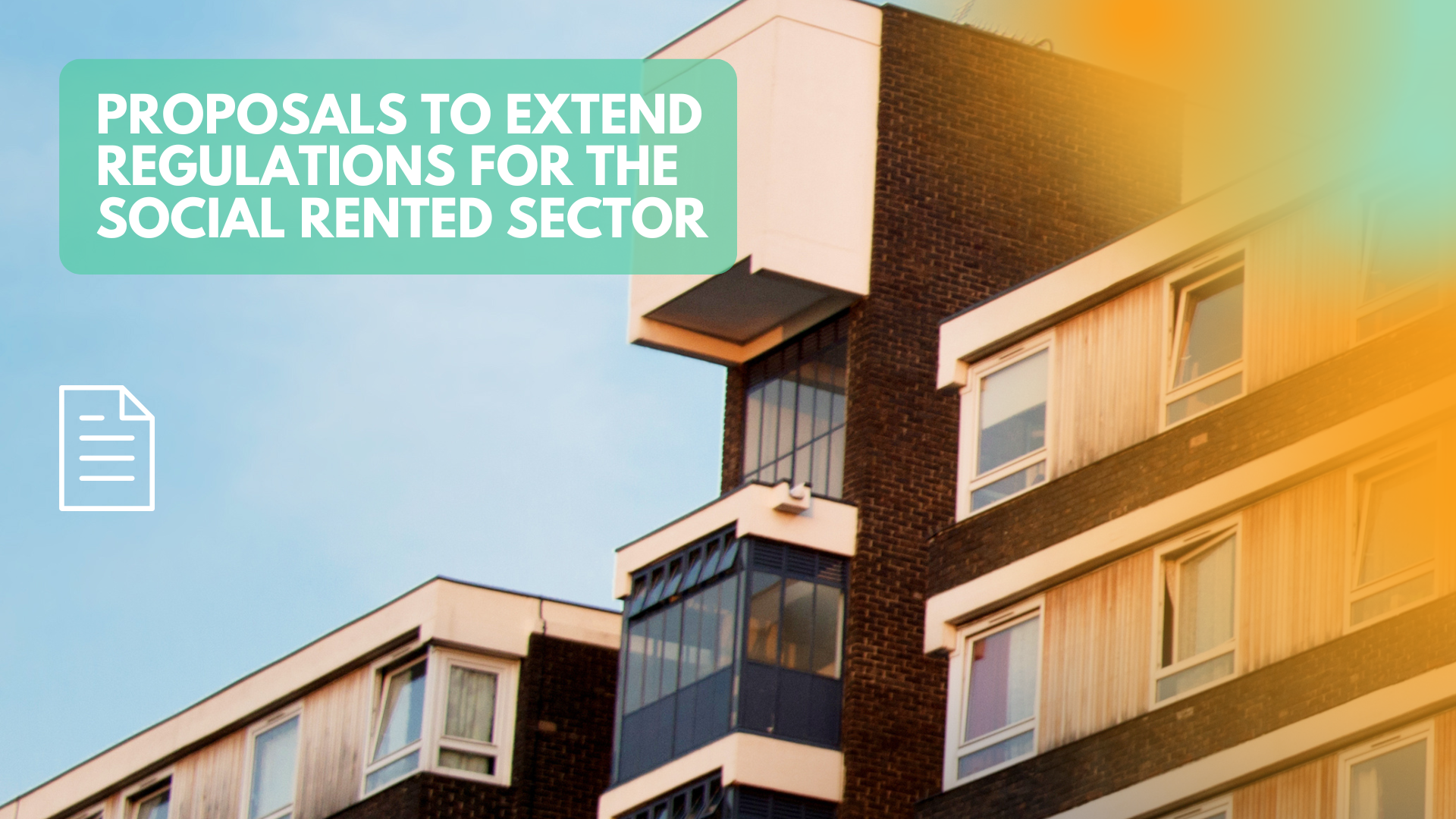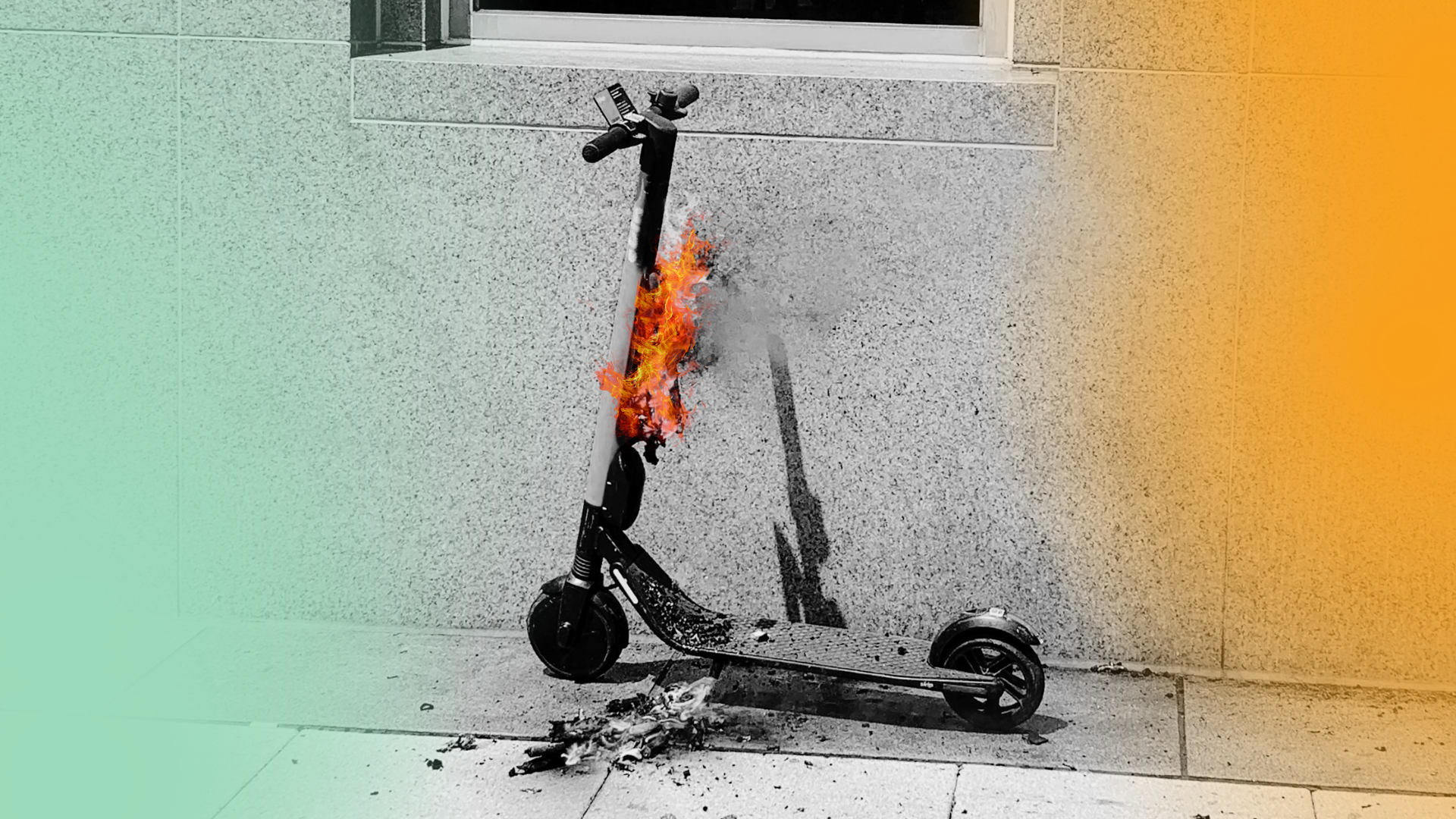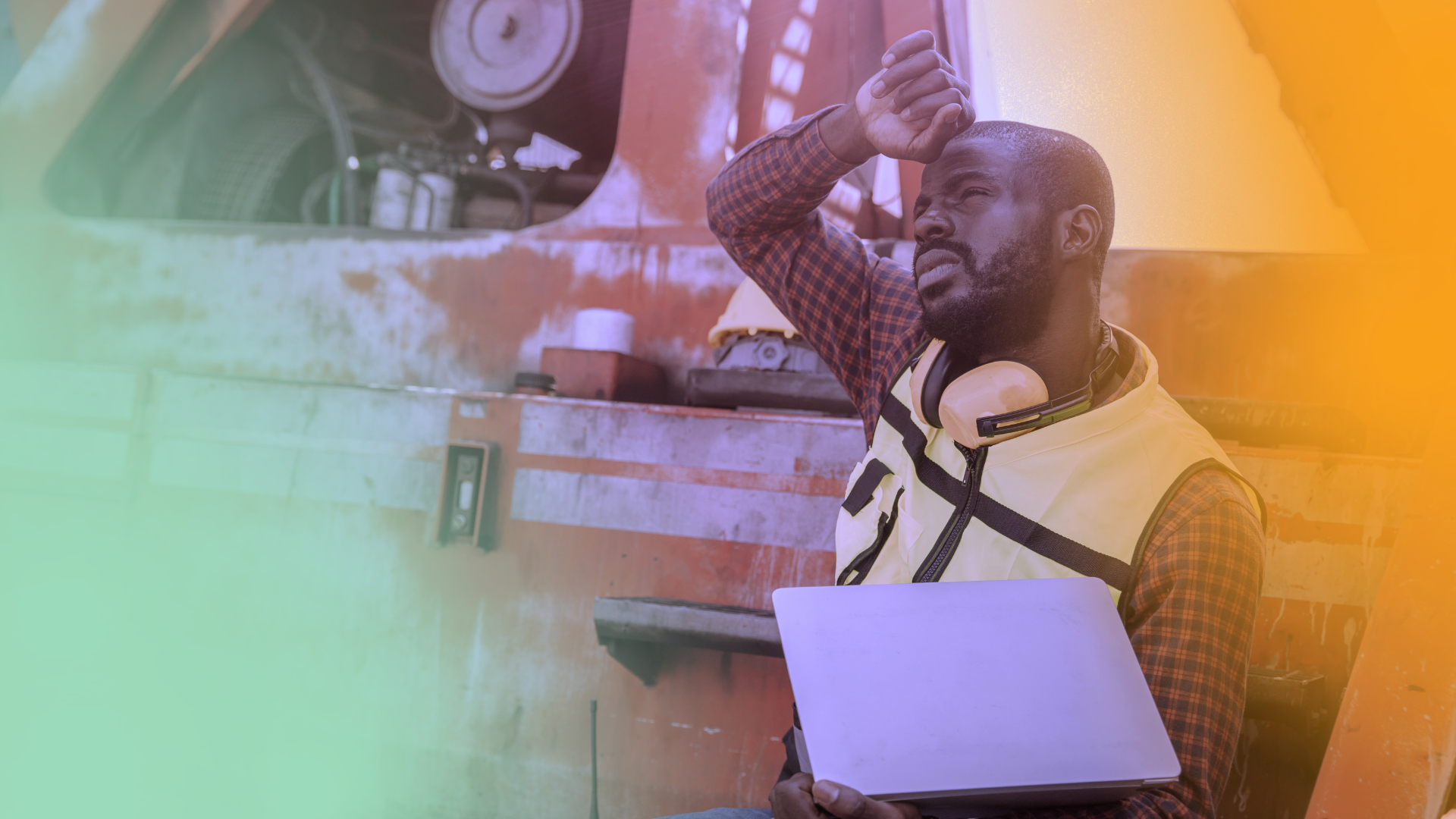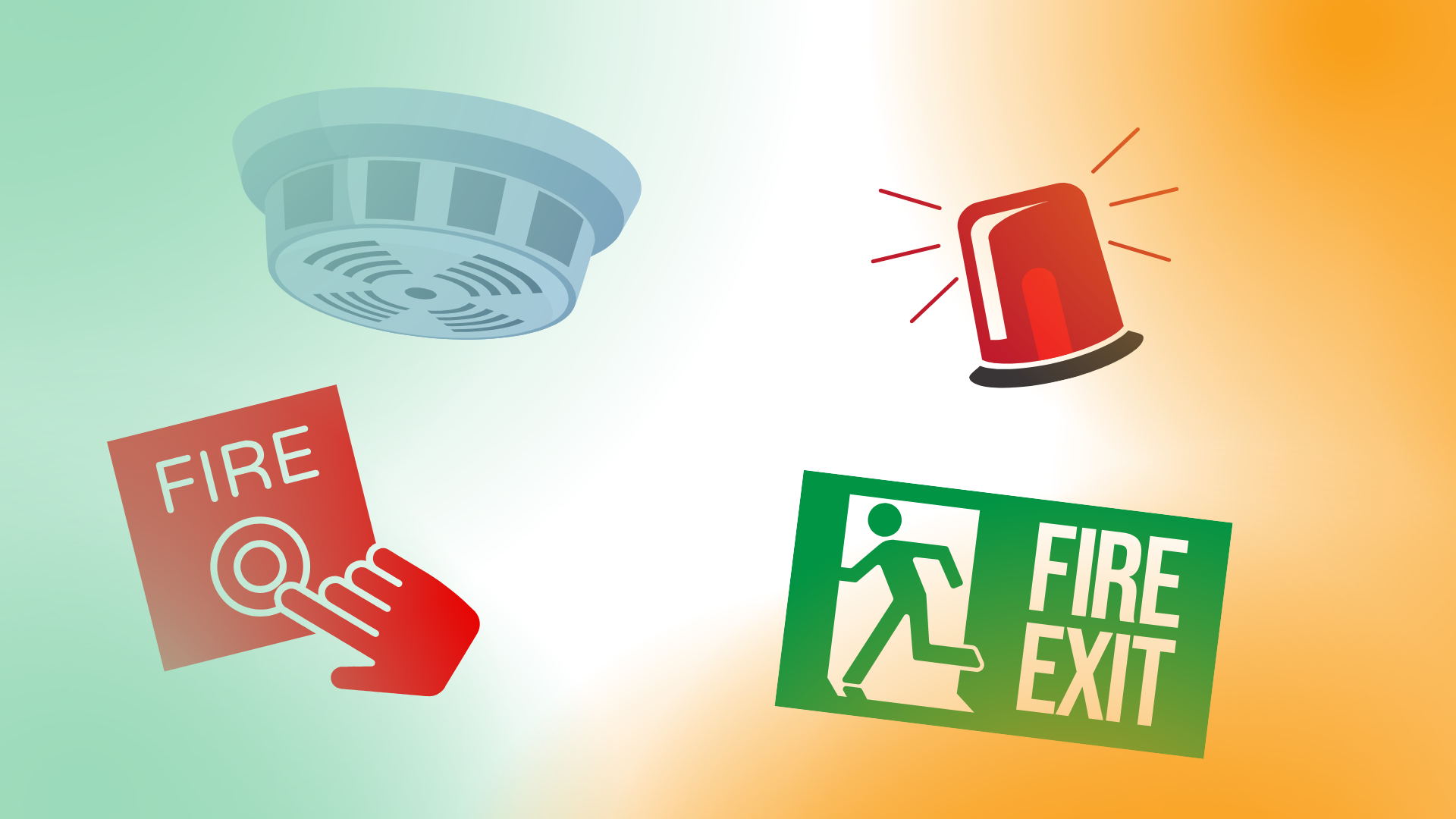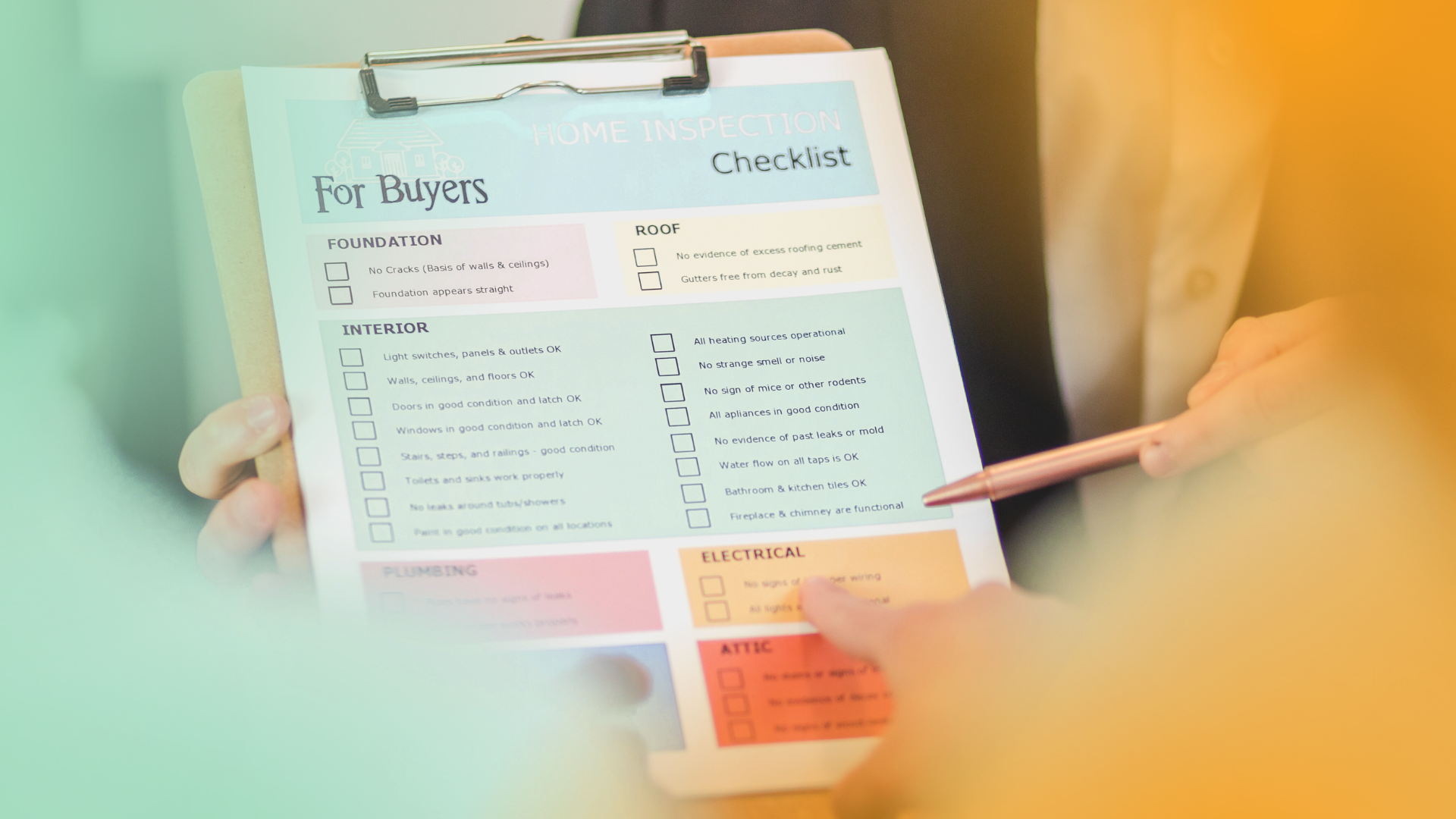A Landlord's Guide to Tenant Safety: Obligations and Best Practices
A handy guide to landlord checks
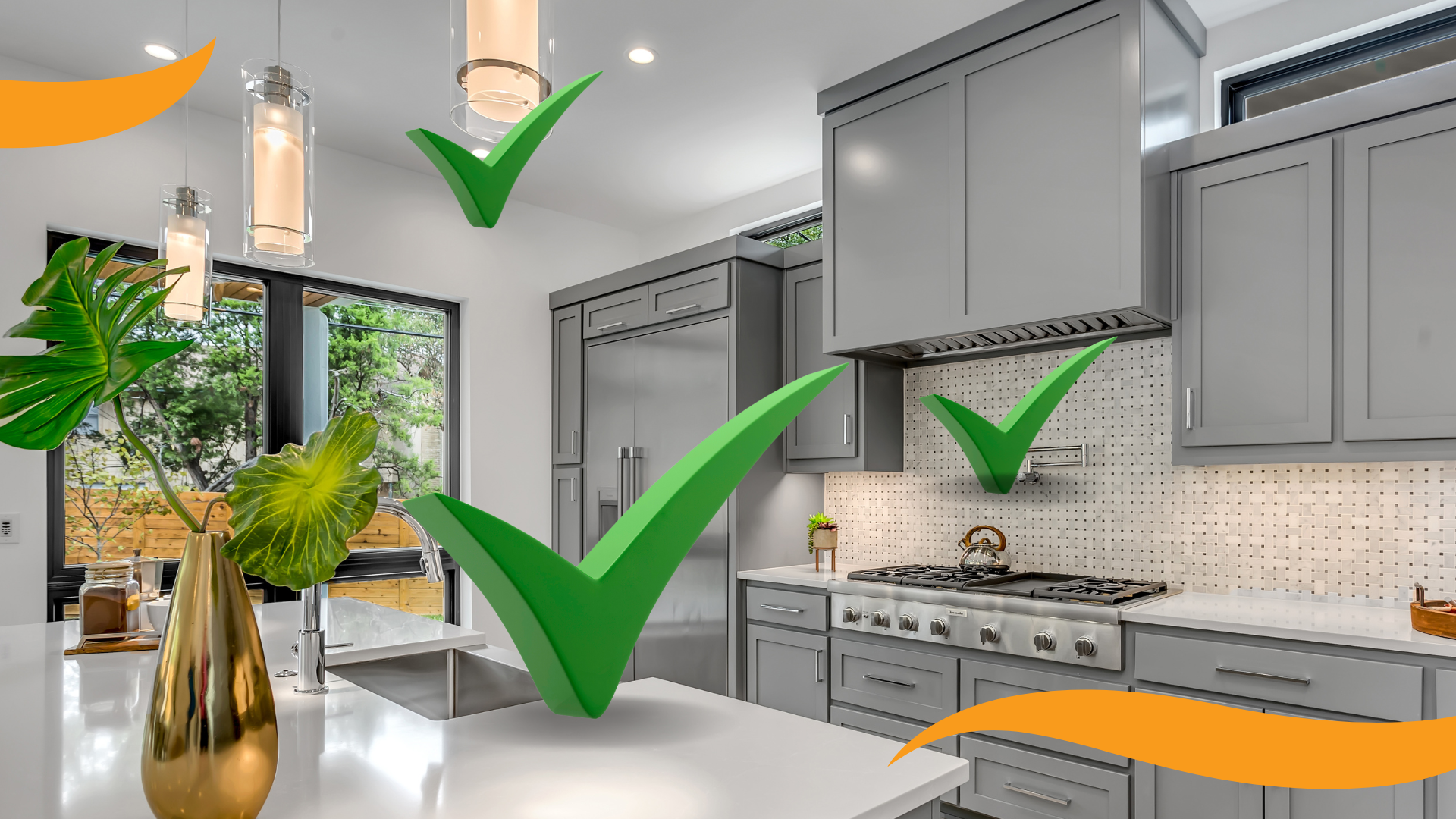
We understand that managing a property can feel like a juggling act at times. One of the balls you absolutely can't drop, however, is ensuring the safety of your tenants. In this post, we'll break down the safety responsibilities you legally need to take care of, along with some handy tips for staying on top of them.
1. Gas Safety: First up is gas safety. Here, an expert is your best friend - a qualified professional will check everything is in order and hand you a gas safety certificate. This isn't just a piece of paper, but an assurance that your property is secure for its residents.
2. EICR: If you own a house of multiple occupations (HMO), it's crucial to have a completed Electrical Installation Condition Report (EICR) before the tenants step foot into the property. In fact, from July 2020 onwards, it's become mandatory for all properties to boast a valid EICR, so don't overlook this one!
3. EPC: Your property's Energy Performance Certificate (EPC) needs to be at a rating of 'E' or above to meet the current legal requirements. Keep in mind, though, that the goalposts are shifting - by December 2025, you'll need to aim for at least a 'C' rating.
4. Smoke and Carbon Monoxide Alarms: Fire safety is non-negotiable. All rental properties should have functional smoke alarms on every floor, and carbon monoxide alarms in rooms that utilize solid fuels. It's a simple measure that can save lives.
5. Health Hazard Checks: On top of gas safety and energy performance, you should present a certificate confirming that the property has been thoroughly checked for health hazards before the tenants move in. Peace of mind for you and your tenants!
6. Furnishing Regulations: If your property is furnished or part-furnished, the furniture needs to meet safety standards. Ensure that all items, including beds and sofas, have a fire safety label attached. It's not just about comfort, but safety too.
7. Legionella Risk Assessment: Though not technically a legal requirement, we strongly suggest adding a legionella check to your safety to-do list. As a landlord, the Landlord and Tenant Act 2004 puts the responsibility on you to ensure the water systems in your property are safe. A legionella assessment might not be law, but it's certainly a best practice worth adopting.
As a landlord, you're not just providing a space for your tenants, you're ensuring it's a safe space. By being diligent in these safety measures, you'll not only be meeting your legal obligations but also fostering trust with your tenants.
There are also some additional things that should be considered;
1. Right to Rent Checks: Ever since 2016, English law requires landlords to confirm that all tenants aged 18 and above have the legal right to rent a residential property in the UK. It's as simple as checking and copying tenants' identification documents, a small step that safeguards you from potential legal complications down the line.
2. Deposit Protection: Got a security deposit from your tenant? Great, but remember, you must protect it using a government-approved deposit protection scheme within 30 days of receiving it. This ensures fairness and transparency for both parties when the tenancy concludes.
3. Repairs: Wearing the landlord hat means you're in charge of most repairs related to your property's exterior or structure. Whether it's an issue with the roof, walls, chimneys, guttering, or drains, it falls within your responsibility. Plus, keeping the property's water, gas, and electricity supply equipment in safe working order is also on your to-do list.
4. Written Tenancy Agreement: Though not strictly a 'safety' issue, a written tenancy agreement is a vital legal requirement for tenancies lasting more than a year. Even for shorter periods, it's a good practice that outlines the rights and obligations of both parties, preventing any misunderstandings.
5. Fire Safety: If your property houses multiple occupants, there might be more stringent fire safety regulations to comply with under the Regulatory Reform (Fire Safety) Order 2005. Ensuring your tenants' safety is paramount, so be sure to familiarize yourself with any additional requirements here.
The HSE has a great resource for landlords
here.
The UK Government
How to Rent Checklist
is also a great resource for landlords and tenants alike.
